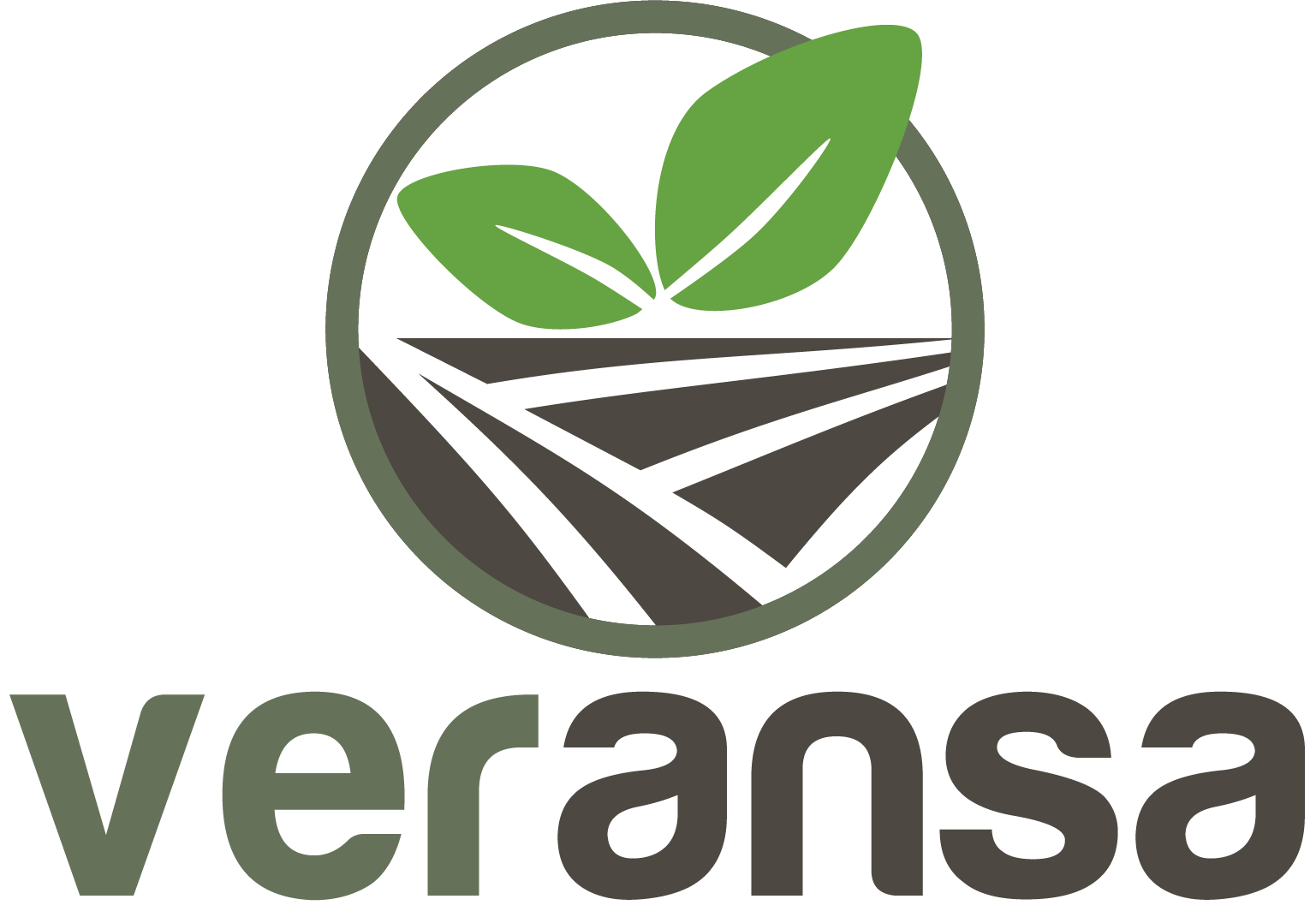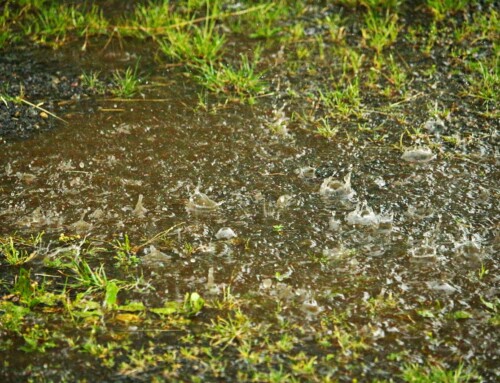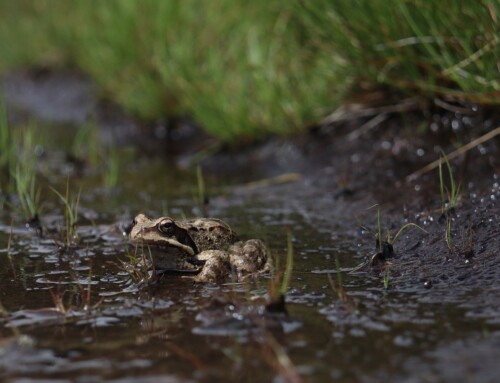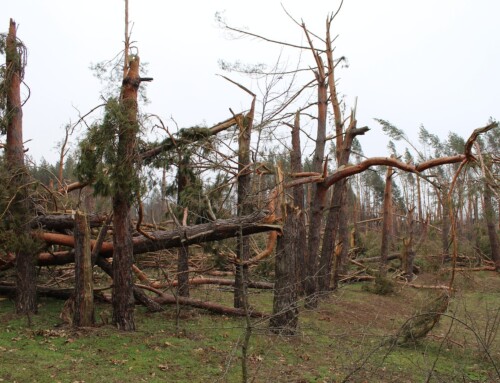Florida’s 2022 and 2023 hurricane seasons were not overly active – with very few named storms even making landfall. However, the impact of the storms that did affect the state was catastrophic. In 2022, Hurricane Ian struck the Fort Meyers/Cape Coral area as a Category 4 storm and caused widespread damage. In 2023, Hurricane Idalia left a trail of wreckage and debris behind her. The impact of these severe Florida storms on the natural vegetative environment can be significant – whether the landscape design of a personal residence or downed trees at a state park. Millions of tons of vegetative debris are generated by severe weather annually, and nationally, much is delivered to landfills and incinerators. After Hurricane Ian alone, 3.83 million yards of vegetation was collected.
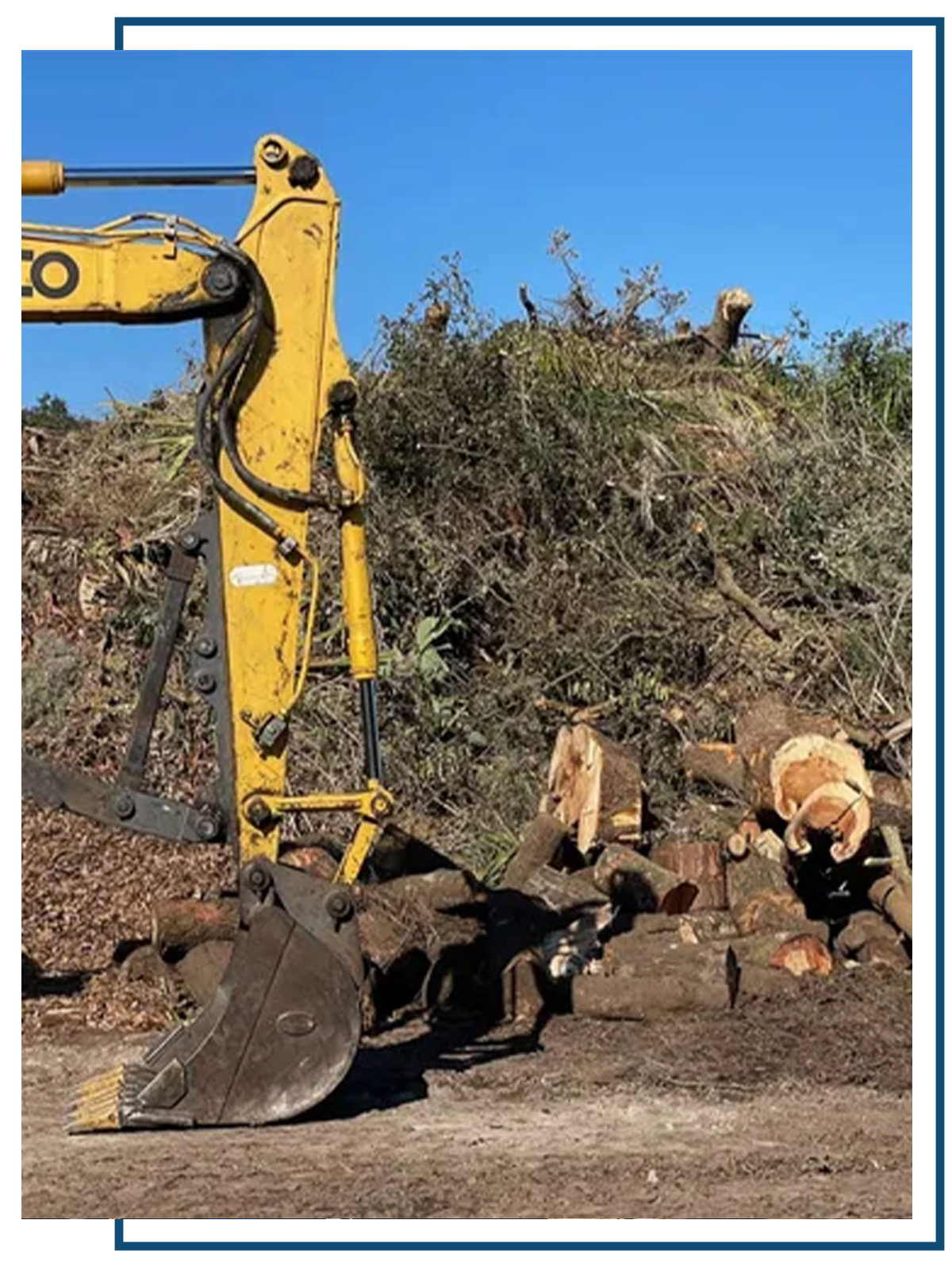
However, more sustainable options are available in Florida, managed through a partnership of municipalities and corporations dedicated to recycling green waste into organic, sustainable landscaping products.
Did You Know? Vegetative debris includes damaged or downed trees, branches, palm fronds, shrubs, logs, stumps, and leaves. After a major hurricane, millions of cubic yards of vegetative debris are often collected.
Why Recycling Wood Waste Matters
Sustainable solutions help minimize the impact and burden on local landfills when managing fallen and damaged trees in a regional area.
Greenhouse gas emissions are significantly reduced when vegetative debris is recycled into high-quality mulch, compost, and turf products rather than dumped in landfills. The symbiotic process stimulates the local economy and provides farmers, landscapers, and homeowners with organic blends and products for their fields and gardens.
How to Dispose of Debris After Florida Storms
Most Florida municipalities have established protocols for 1) picking up or 2) accepting drop-offs of vegetative debris – whether from storm damage or a personal landscaping project such as tree removal.
While various municipalities may have different rules, homeowners typically can expect that:
- Vegetative debris must be separated from construction debris and household garbage.
- No vegetative debris (including leaves) can be stored in plastic bags.
- Local drop-off locations often require proof of residency.
Local property and business owners may also arrange to drop off their green & wood waste directly to municipal green waste disposal service providers. Click here for Florida locations and more information.
Closing the Green Loop
Utilizing vegetative debris to create new products that can further support the planet is a process we call “closing the green loop.” It represents a commitment of like-minded individuals intent on environmental stewardship and social responsibility. When wood and yard waste is not disposed of in a landfill – but is instead collected, recycled, and used to produce organic materials that can be returned to the earth by gardeners and landscapers – the loop is perfected, and everyone benefits.
At Veransa, you’ll find a culture that oversees and manages every step of the process to ensure sustainability for our communities and the planet. We work with municipalities to responsibly recycle waste after a storm. Our processes for intake, management and restoration are recognized for their excellence and results. Our drive to transform yard waste into products that will continue to enrich and nurture the earth fuels the next generation of soil health in Florida. Whether you work for your town government and need a solution, or you are a Sarasota or Manatee homeowner seeking organic mulch and compost for your property, Veransa has your answer.
Veransa offers 5 area locations to serve the community.
Green Wood Waste Collections and Recycling Centers are located in Tampa, Sarasota, Clearwater, Fort Myers and Seffner. We also sell organic mulch and compost to residents and businesses at our Fort Myers, Seffner and Tampa locations. Click here for addresses, phone numbers and more information.
